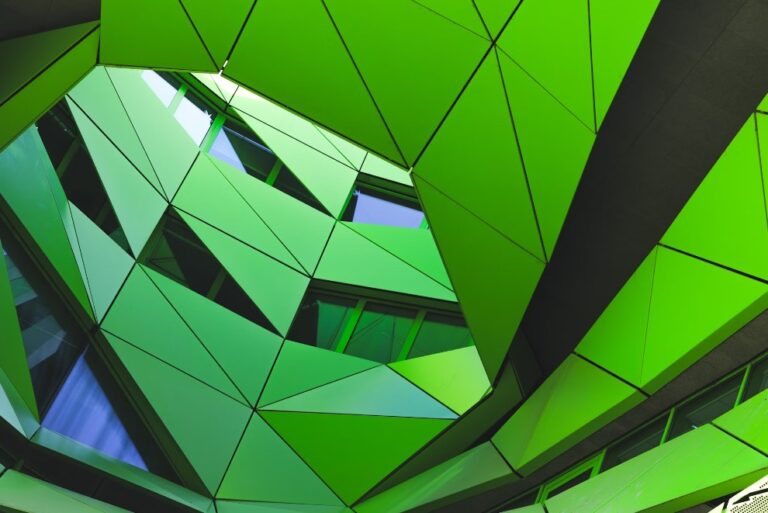Some time ago the consumer defense organization BEUC (Bureau Européen des Unions de Consommateurs), together with the ClientEarth and ECOS associations, accused three giants in the beverage world of greenwashing at the European Commission. Names we all know, namely Coca-Cola, Danone and Nestle.
Under the scrutiny of the accusation would be the brands’ claims to make “100% recyclable” PET bottles or “100% recycled” plastic bottles available to consumers. Claims which according to BEUC could lead people to consider these bottles to be made of plastic disposable a sustainable choice, which they are not at all.
And this is just one of the many cases in which small and especially large companies are accused of greenwashing. So much so that an analysis by Influence Map states that 58% of the largest international companies are actually at risk of greenwashing.
Table of Contents
Greenwashing, in short
In recent years we have all heard the term greenwashing. This word indicates a behaviour, a marketing strategy or a type of communication that presents an activity as sustainable when it is not. Thus hiding the real negative environmental impacts.
It must be said that it is not just companies that are accused of greenwashing. Public administrations and even governments have also been accused of appearing decidedly greener or more attentive to the environment than they actually are.
58% of large companies at risk of greenwashing: the report
Almost all companies have now understood how important it is to appear sustainable in order to win or maintain the public’s favor. But there is a big difference between appearing sustainable and actually being sustainable.
And unfortunately it seems that there are many large companies that, instead of truly committing themselves to the field of sustainability, opt for the less noble shortcut. According to an analysis by Influence Map, precisely 58% of large companies are risk.
The sample was made up of 293 companies among those present in the Forbes 2000 list, with the researchers examining their respective plans to achieve climate neutrality. It was thus discovered that the greenwashing risk is present in over half of the cases, and at different levels.
The report states that the risk is significant for 21.5% of companies and moderate for another 36.5% of the sample . The study states, for example, that brands such as Chevron, Delta Air Lines, Glencore International and ExxonMobil on the one hand set audacious objectives that envisage total zero emissions.
While on the other they continue to actively support the development of the fuel industry fossil fuels, to oppose the European Green Deal, or even to fight to make the emissions thresholds set for vehicles more permissive.
It must be said that according to researchers there is a real underlying problem that almost all companies have in common. 93% of companies use terms such as “net zero”. But in reality very few companies have actually implemented capable strategies to achieve objectives of this type.
Towards new European rules
Greenwashing is an increasingly serious problem. For this reason, work is underway at European level to approve ad hoc rules.
At the beginning of November, with 544 votes in favour, 18 against and 17 abstentions, a negotiating position on a new proposal for a directive on consumer responsibility for the green transition was approved.
In concrete terms, the aim is to prohibit the use of expressions such as “ecological”, “biodegradable”, “environmentally friendly” or “natural” in the absence of concrete evidence that can demonstrate these characteristics of the products or services brought to the market.
Read also: Stop to greenwashing on labels: what the EU wants to do with the Green Claims Directive












